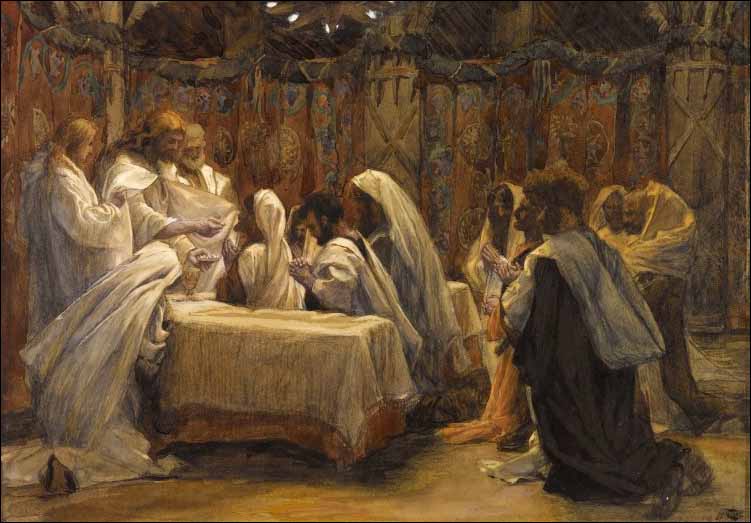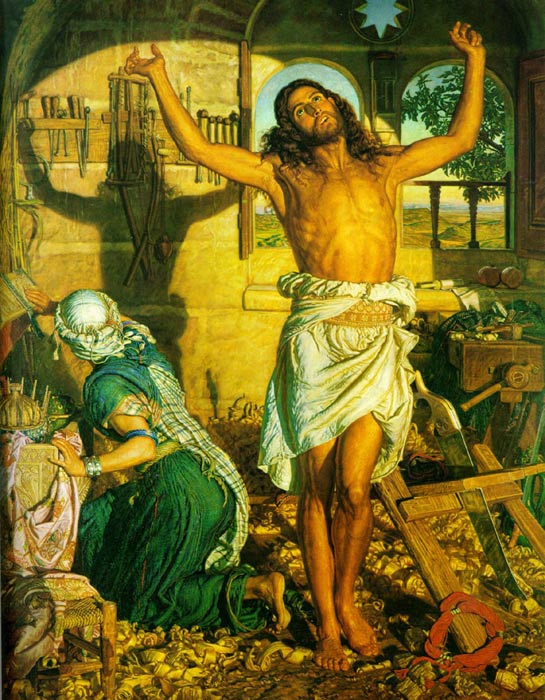
Assessing a Word of Prophecy
Let two or three prophets speak, and let the others weigh what is said.
1 Cor. 14:29
Every believer can prophesy because every believer has indwelling within him or her the presence of the Holy Spirit. The word of prophecy has not ceased because the Holy Spirit has not stopped being our advocate, counselor, and guide (1 Thes. 5:19-22). In addition, the Holy Spirit endows every believer with the gift of discernment.
Evaluating a word of prophecy involves three elements: revelation, interpretation, and application. Revelation: Is a prophetic word genuinely from the Holy Spirit having a sense of eternity? Interpretation: What does the word mean to us? The correct interpretation is important as the revelation. Application: What do we do with this word?
The gift of discernment is insight from the Holy Spirit which enables a believer to know whether a practice, teaching, or gifting is from God, Satan, or a manifestation of the flesh (Luke 10:19, Acts 16:17-18, 1 Cor. 12:10). The Holy Spirit has not only graced the Body of Christ with prophetic guidance, but also, he has granted the church the ability to weigh prophetic words. Is a prophetic word from the Lord or simply a human creation? Is a prophetic word eternal, genuinely from the Lord, or a manifestation of the flesh, an emotional working up of concern? Could it be possible that a prophetic word is a distraction from Satan?
The gift of discernment operates in the congregation and within the leadership of the local church. This gift is enables the congregation to identify the source, content, and intent of a prophetic word. Individually, discernment is a check in one’s spirit with a question mark in one’s mind. A prophetic word may sound right, but does not register in our spirits as being from the Lord.
Certainly in these Last Days, the church needs the gift of discernment more than ever before. All types of false teaching and wrong-headed leadership are attempting to subvert local churches. We are not only called to discern, but are commanded to do so. “Beloved, do not believe every spirit, but test the spirits to see whether they are from God, for many false prophets have gone out into the world” (1 John 4:1-2).
One aspect of discernment is the ability to judge not by what our eyes see, or our ears hear, but with righteousness through the Holy Spirit (Isa. 11: 2-4). The Holy Spirit can show us whether or not predictions will come true. But this is not the highest level of discernment that he has to offer the church.
The Spirit of Truth is given to the church, especially its leadership, what promotes the love, testimony, and glory of Jesus. If the leadership of the church would follow resolutely after these three things—the love of Jesus, the testimony of Jesus, and the glory of Jesus—it would be very difficult for them to be deceived.â€
Jack Deere, Surprised by the Voice of God(Grand Rapids, MI: Zondervan, 1996), 198.









